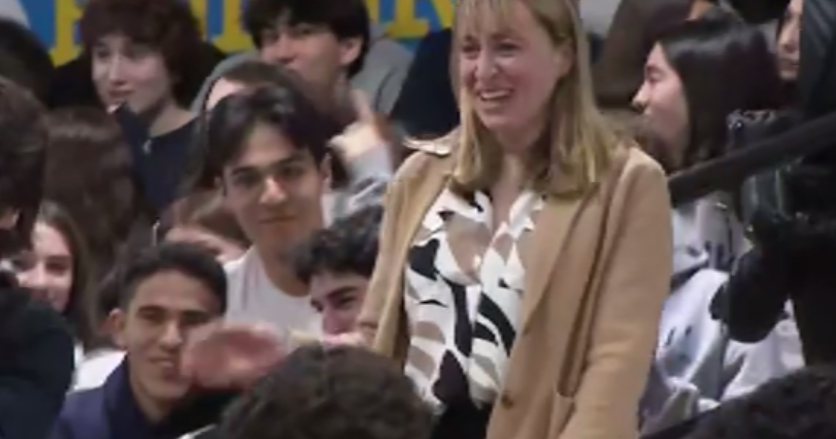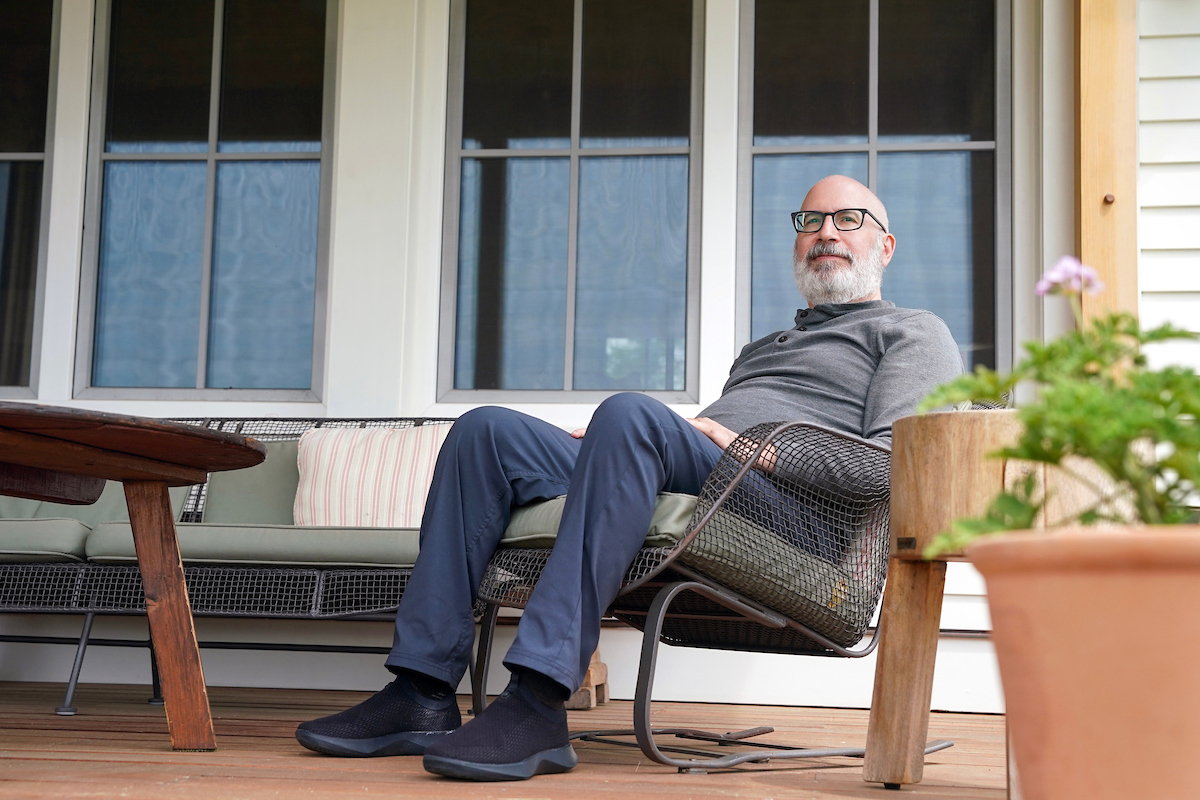Beloved New York City teacher dies from coronavirus after family claims she was denied testing twice
A New York City teacher who had been fighting COVID-19 for over a month has died, her sister and the school where she taught said this week. Rana Zoe Mungin, 30, was denied access to a coronavirus test two times before eventually being diagnosed, according to her family, who believes race played a role in the care she received.
Mungin's six-week battle with coronavirus was chronicled on social media by her sister Mia Mungin, who is a registered nurse. She notified others about her sister's death on Monday. "She fought a long fight but her body was to weak," she tweeted.
Mia Mungin told a local television station that her sister, who had asthma, went to Brookdale Hospital Medical Center twice after developing a fever and on both occasions she was sent home without getting tested. The first time, on March 15, she was given medicine for her headache and asthma, and the second time, on March 19, the hospital didn't have enough testing kits, her sister said.
She also took issue with an ambulance worker who transported her sister the second time to the hospital.
"He insinuated she was having a panic attack. She kept saying, 'I can't breathe," Mia Mungin told PIX11 News.
It wasn't until a third trip a day later when she was having difficulty breathing that she was finally tested and admitted into the hospital, according to her sister. Hours later, she was put on a ventilator.
Over the following weeks, Mia Mungin documented how they transferred her sister to another hospital in Manhattan and she reached out to lawmakers seeking access to an experimental clinical trial. Rana Zoe Mungin was off the ventilator for a while and showing promising signs until she succumbed to virus this week.
Mia Mungin, who lived with her sister in the East New York neighborhood in Brooklyn, believes the fact that they are black played a role in the health care her sister received.
"Racism and health disparities... still continues at this day and age," she wrote on Facebook earlier this month. "The zip code in which we lives in still predetermine the type of care we receive."
Mungin graduated from Wellesley College and had a Master's Degree from the University of Massachusetts.
"My thoughts are with Mia and the Mungin family," Wellesley President Dr. Paula Johnson wrote on Twitter. "In NYC and other U.S cities, we are seeing this pandemic disproportionately impact black and LatinX families. This is a moral and systemic failure. We must do better."
"Although only 30 years old, her work struck a deep chord with a broad swath of readers and scholars," UMass Amherst said in a statement. "Rana Zoe's battle with coronavirus unfortunately sheds light on the systems of racial, gendered, and class bias— entrenched power dynamics—that she sought to expose and change in her work."
Dr. Jamila Taylor, the director of health care reform and senior fellow at The Century Foundation, a progressive think tank based in New York City, told CBS News that despite Mungin's education and job, she still experienced "racism" in the health care system.
"It has been well-documented that when African Americans try to navigate the health care system they experience many barriers. And one of those barriers is denial of health care and services in some situations," Taylor said. "Some of that does have to do with I think stereotypes and this perception about that pain of African Americans and this case, black women.
"Zoe's story as sad as it is, is not unique, I think, to the black experience in terms of navigating the health care system," she added.
"Even as we talk about the need to ramp up testing in the context of COVID-19, we also need to make sure that we're dealing with the bias and discrimination in the health care system," Taylor said. "Clearly, the health care providers that Zoe was communicating with when she had her health issues early on did not listen to her. And they did not take her seriously."
Mungin was a social studies teacher at Bushwick Ascend Middle School. She was described as a "one-of-a-kind educator" who had a "transformational impact" on her students and colleagues.
"Students and staff alike gravitated toward her witty personality," principal Miatta Massaley said in a statement. "You could always find a group of people in the social studies room talking with Zoe after school. It was almost impossible to stop into her room for a quick question because she had a way of making people want to talk to her for hours."



